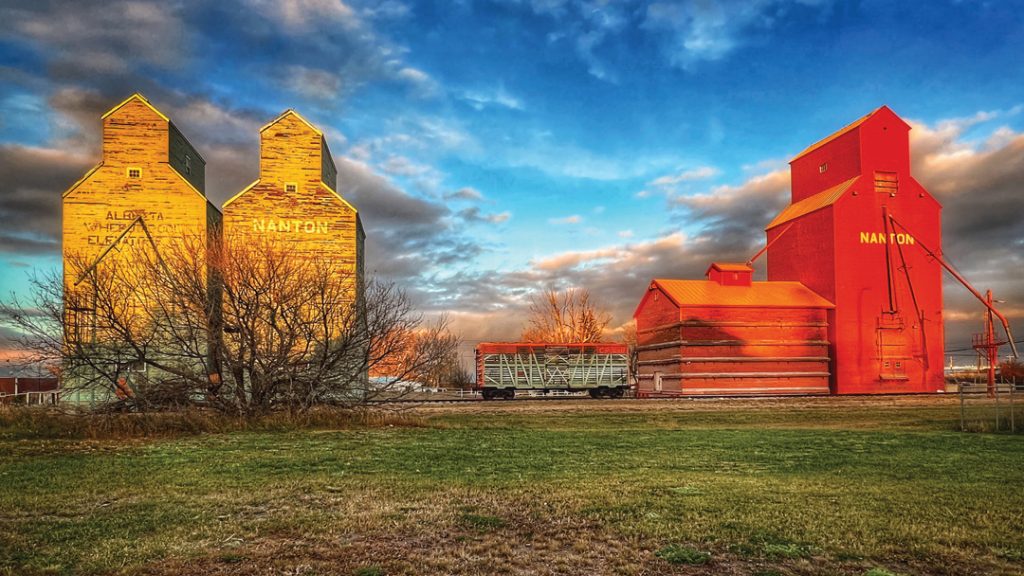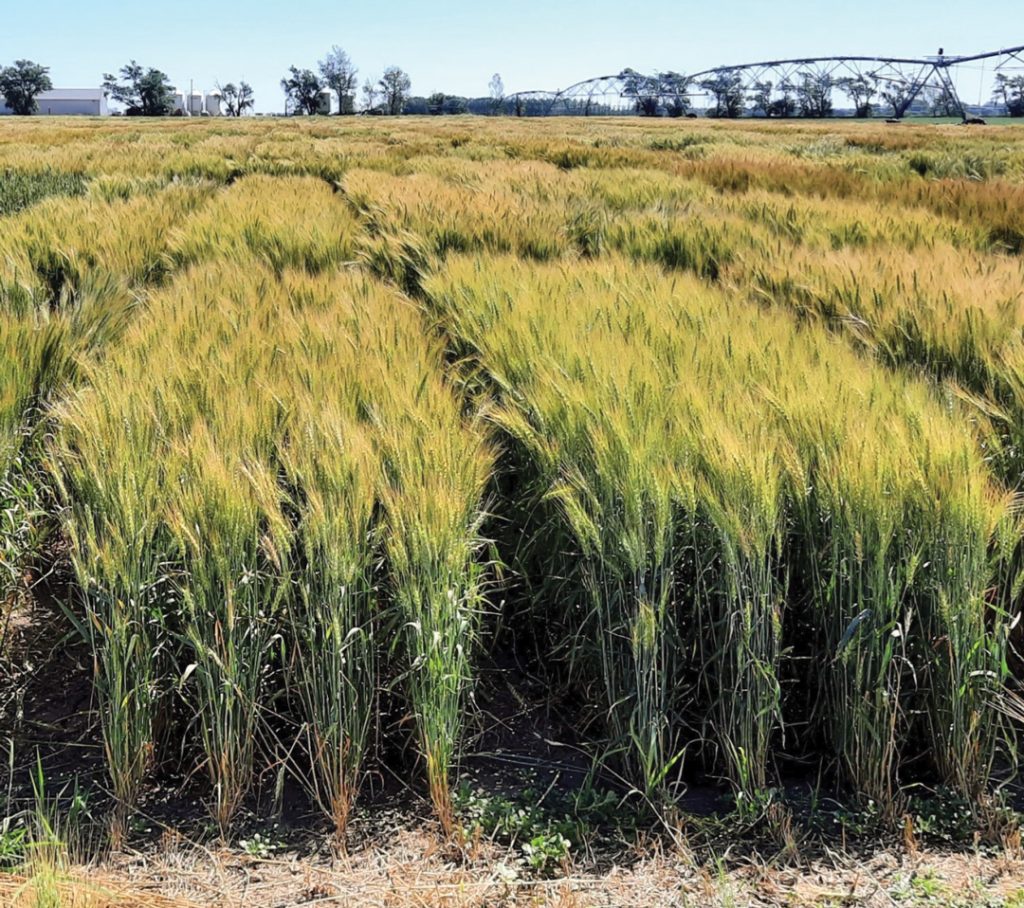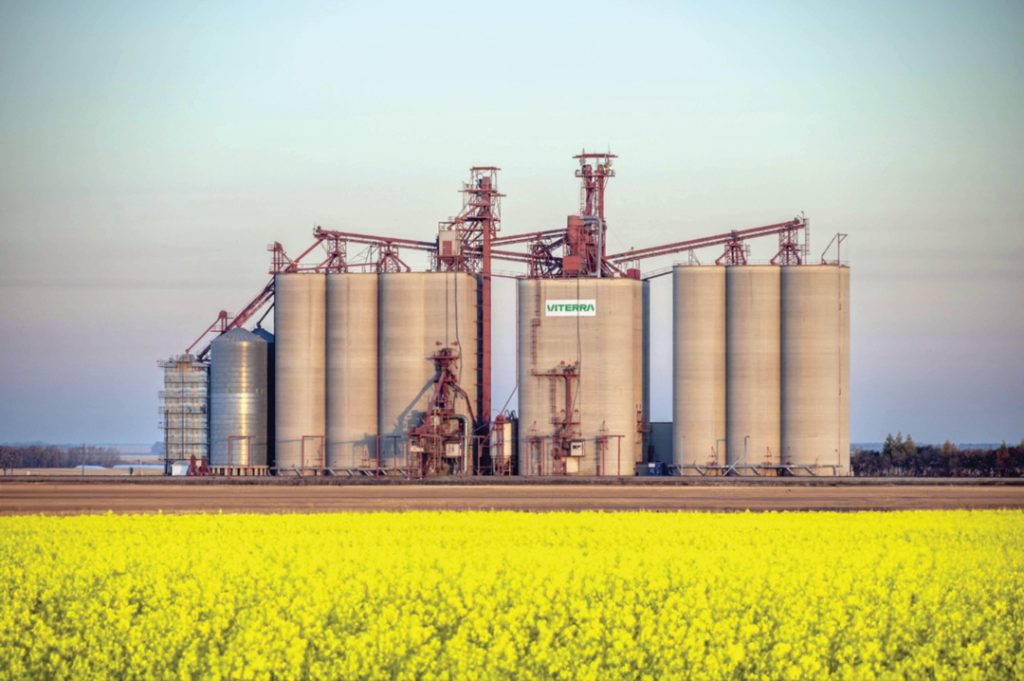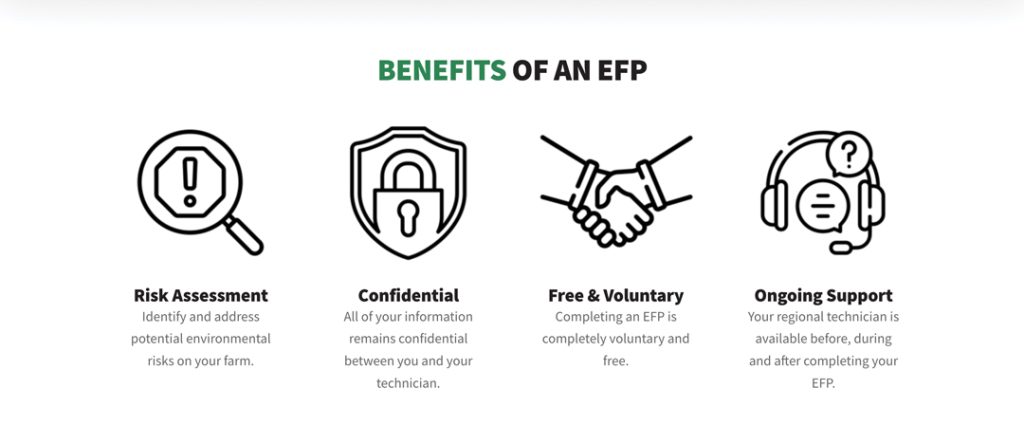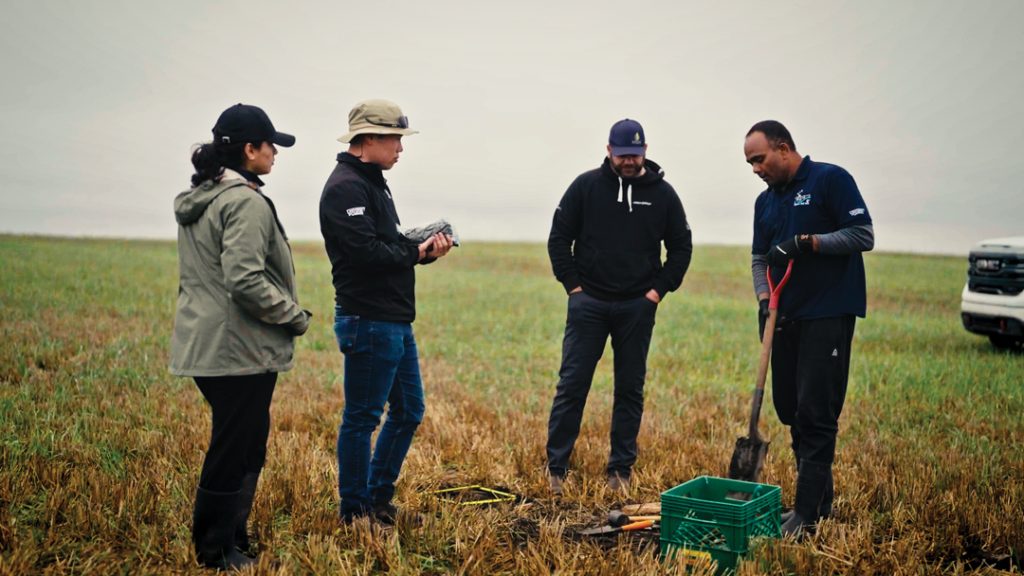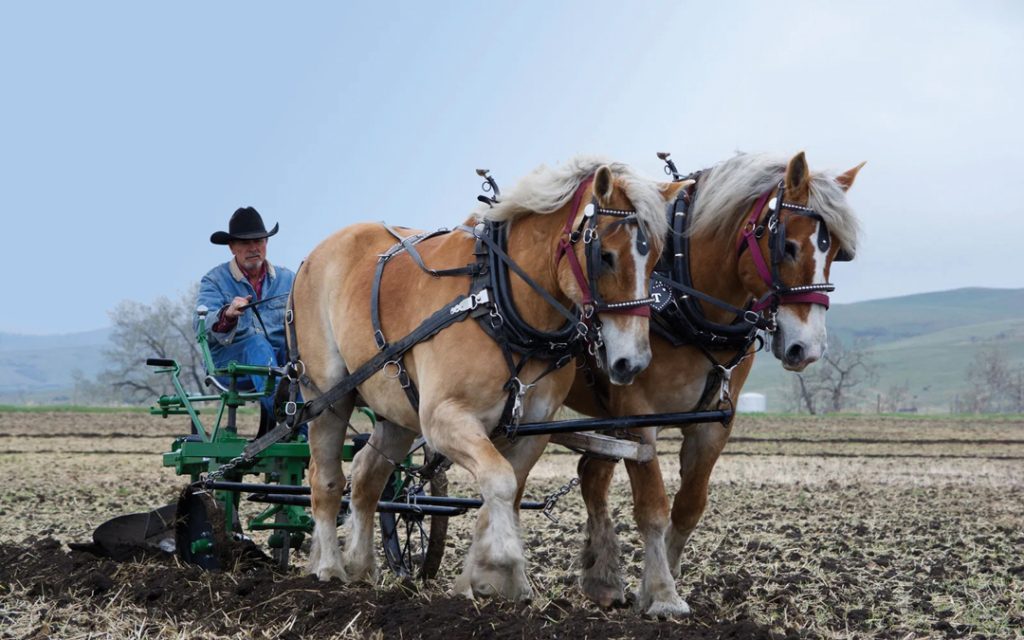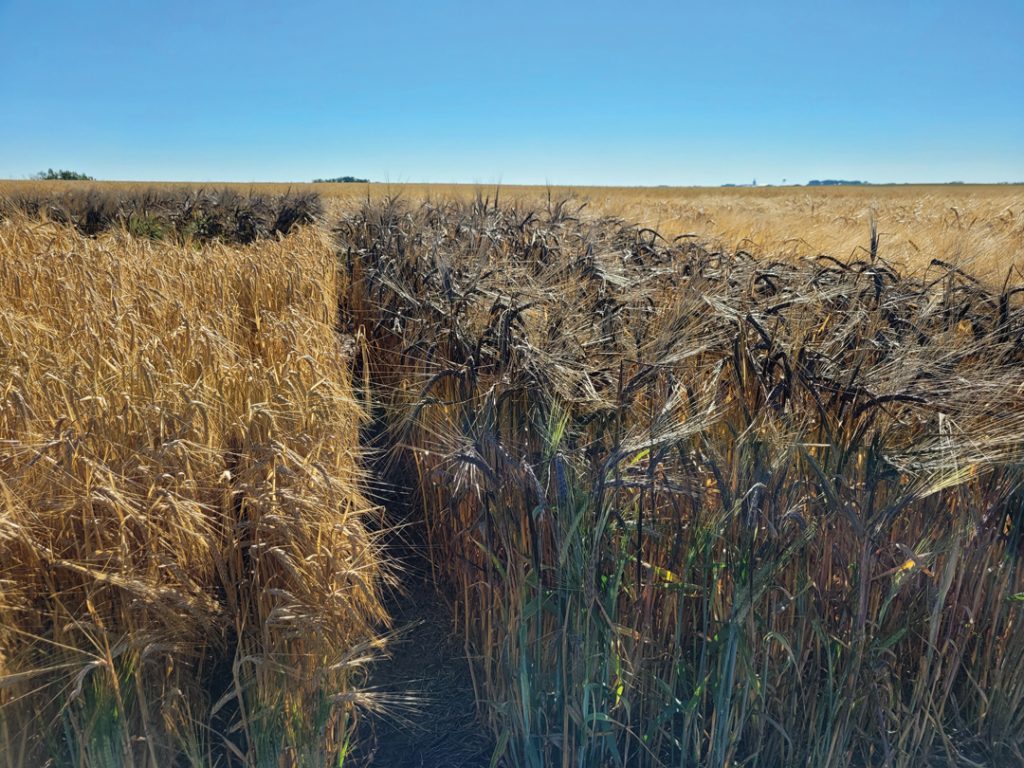FUNDS WILL FIX ARENAS, HALLS, RINKS AND RODEO GROUNDS
In the coming years, the Province will give not-for-profit, non-governmental ag societies across Alberta much needed help to address aging infrastructure. The 291 ag societies own and operate more than 900 facilities. These local landmarks include hockey and curling rinks, equestrian arenas, rodeo grounds and community halls.






